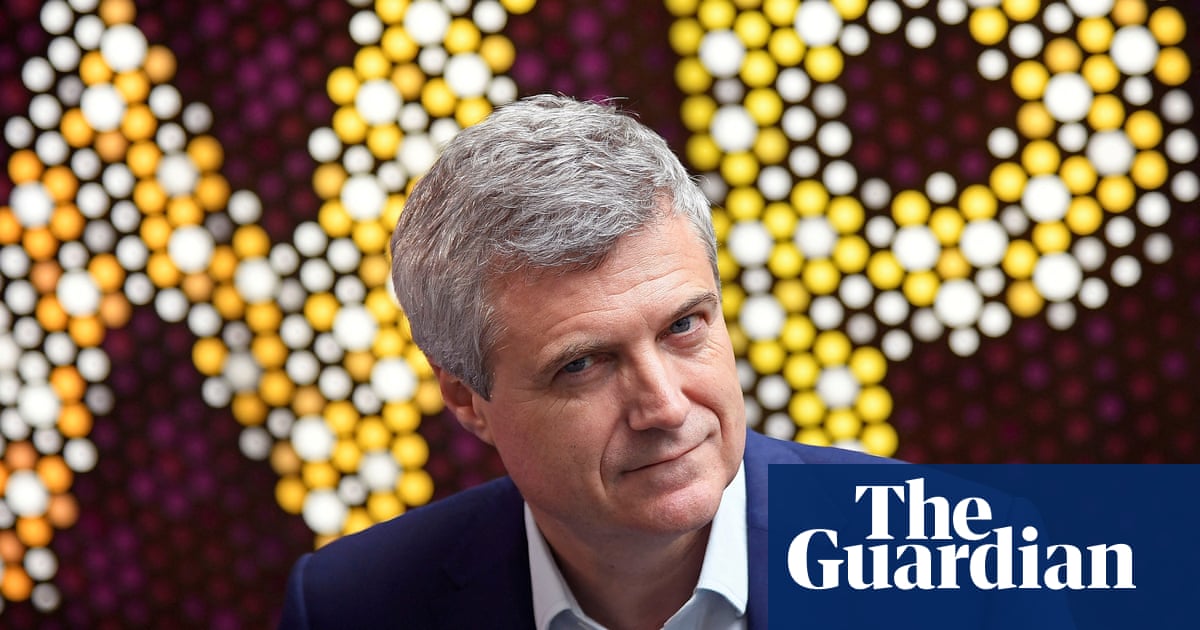The boss ofWPP, Mark Read, has announced he will step down, as the advertising agency, which was once the largest in the world, struggles against the rise of AI and its shares lag at their lowest level in about five years.
Read will leave WPP after more than 30 years, with just under seven spent in the top job. He will stay on as chief executive until the end of the year while the board starts to look for his successor.
WPP’s share price has shed about half its value under his leadership, as the company has struggled againstthe rise of AI tech that helps companies to automate the creation of adverts.
The chair of WPP, former BT boss Philip Jansen, said Read “played a central role in transforming the company into a world leader in marketing services”. Jansen, a City heavyweight, triggered speculation about Read’s position as chief executive when he joined as chair at the start of the year.
Last year the group lost its crown as the biggest ad agency in the world by revenue to its French rival Publicis. Omnicom and rival group Interpublic agreed to combine in a $13.3bn deal, compared with WPP’s market value of £5.9bn.
Read took over in 2018 from Sir Martin Sorrell, who bought a small Kent-based maker of wire baskets in 1985 and built it into the world’s largest marketing services group. Sorrell left amidallegations of personal misconduct, which he denied.
Read has overhauled the group over the course of his tenure, merging agencies and selling off some businesses, which has helped cut net debt.
However, the shares have lost more than a quarter of their value in the past year alone, as tech companies such as Google, Meta Platforms and Amazon have become dominant advertising names in their own right.
This month Meta, which owns Facebook and Instagram,said it would start helping advertisers fully create and target campaignsusing AI tools, including images, video and text.
Sign up toBusiness Today
Get set for the working day – we'll point you to all the business news and analysis you need every morning
after newsletter promotion
Weakness in WPP shares had also prompted speculation that it could become a takeover target by a bigger rival or an activist investor hoping to shake up the business.
Shares in WPP dropped by 2% in early trading on Monday after the news of Read’s departure.
